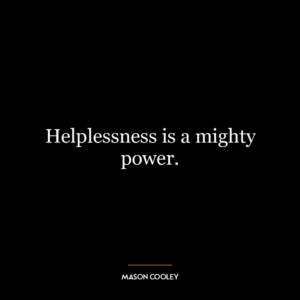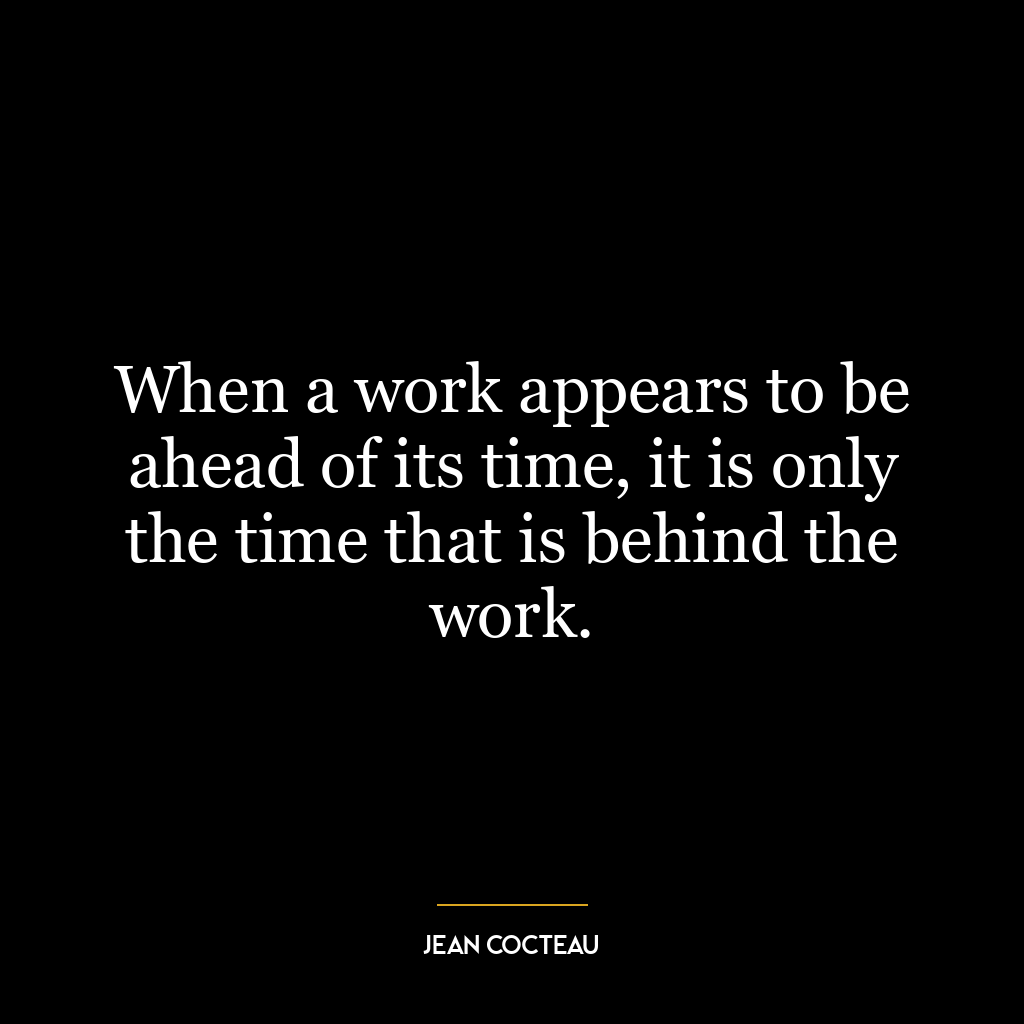This quote implies that even those in the most disadvantaged or degrading circumstances possess a sense of superiority, which is founded on merits they consider to be significant, although they are not clearly defined. This suggests that regardless of an individual’s social, economic or personal status, there is an inherent belief in their own value and potential greatness. These merits could range from natural talents and moral integrity to unique life experiences.
The “undefined” nature of these merits underscores the subjective nature of self-worth. Everyone has their own set of values and benchmarks for assessing their worthiness. These may not always coincide with societal norms or expectations – hence why they are ‘undefined’ from an outside perspective.
In today’s world and in personal development contexts, this idea can have numerous applications. It highlights the importance of self-belief and confidence when faced with adversity. Regardless of how severe one’s external circumstances may seem, maintaining a sense of personal superiority (not arrogance but self-assurance) can motivate efforts towards improving one’s situation.
From a personal growth perspective, it implies that each person has unique traits or experiences that make them valuable - even if these aren’t immediately noticeable or acknowledged by others. Identifying these ‘undefined’ merits within oneself can enhance self-esteem and build resilience.
Furthermore, in a society where comparison is often fueled by social media platforms where people generally display only their best moments while concealing struggles; this quote serves as a reminder not to undervalue ourselves based on others’ perceived success.
Lastly: In broader socio-economic terms this quote acts as caution for those who are more privileged to avoid looking down upon those less fortunate because everyone possesses intrinsic value irrespective of their present circumstance.













